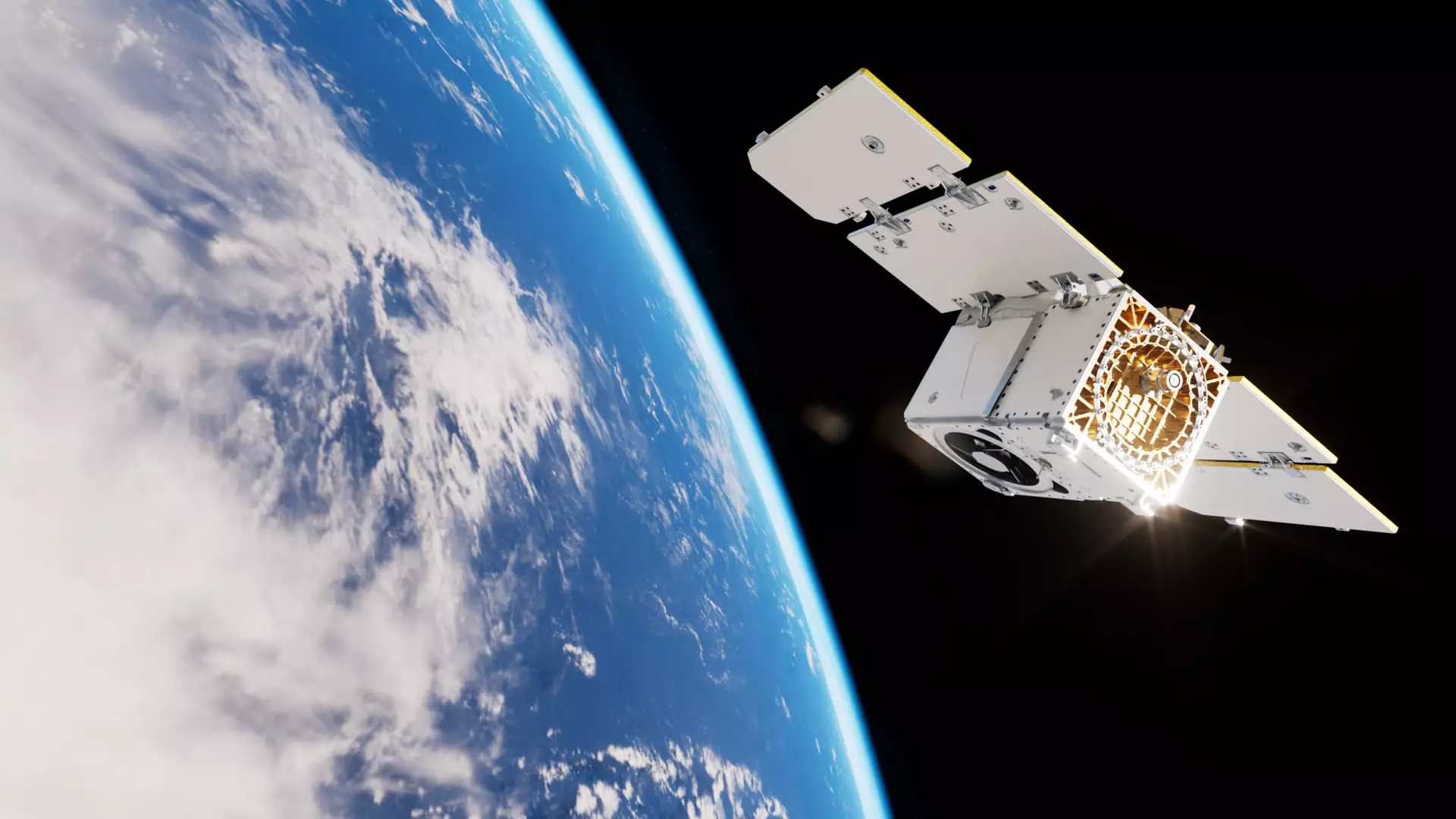On a notable Wednesday, Planet Labs, a prominent figure in satellite imagery and data analytics, declared a landmark contract worth $230 million. This agreement marks a pivotal turn in the company’s trajectory as it embarks on the deployment of its advanced Pelican satellite series. Will Marshall, the CEO of Planet, expressed optimism regarding this partnership during an interview with CNBC, highlighting it not only as the largest deal in Planet’s history but also as a crucial step toward solidifying the firm’s presence in the satellite services sector. Speculation about the potential customer’s identity remains, but they are characterized as a long-term associate, emphasizing the trust and ongoing relationship between the two entities.
The details surrounding this significant agreement reveal a comprehensive plan. The contract encompasses a construction phase for the Pelican satellites that could span several years, intertwined with an operational phase lasting five additional years. This dual-phase approach allows the partnered company dedicated access to the satellites within their specified geographic focus in the Asia-Pacific region. Interestingly, Planet retains the rights to license the data from these satellites for use in other areas worldwide. This arrangement underscores Planet’s commitment to maximizing their technological outputs while catering to the specific needs of their partners.
While the contract does not alter Planet’s current financial outlook for the fourth quarter of fiscal year 2025, it signals a forward-looking strategy with expected benefits manifesting in fiscal year 2026. The financial influx from this deal will be recognized progressively over a span of approximately seven years as Planet constructs the satellites and provides ongoing services. Such a gradual revenue recognition strategy highlights the sustainable growth model that Planet is beginning to embrace with this contract.
Planet is no stranger to innovation; it operates a sizable constellation of over 200 satellites in orbit. The initiation of the Pelican series aims to supersede the older SkySat satellites, which were brought into the company’s fold through a Google acquisition in 2017. With ambitions to deploy up to 32 Pelican satellites, the company recently launched Pelican-2, which stands out due to its incorporation of Nvidia’s Jetson edge artificial intelligence platform. This enhancement promises to significantly improve data processing capabilities, which is critical for satellite imagery accuracy and efficiency.
Despite an initial surge of nearly 14% in stock value following the announcement of the contract, Planet’s shares stabilized around $5.46 per share later in the trading session. Observations over the past two years reveal a volatile journey for Planet’s stock; the company, which entered the public market during the SPAC phenomenon in 2021, has witnessed fluctuation largely due to unmet revenue targets and staff reductions. However, signs of recovery in 2024 indicate a resurgence in investor confidence, with shares reportedly more than doubling within the last year. This rebound, while not as vigorous as top competitors in the space sector, reflects a growing belief in Planet’s operational capabilities and strategic direction.
The Pelican contract signals Planet’s formal entry into the burgeoning satellite services market, effectively positioning the company as a provider of custom satellite solutions. This strategy mirrors their earlier ventures with the Tanager satellite product line, which served clients like Carbon Mapper. By cultivating long-standing relationships with clients who trust Planet’s data integrity and operational competency, the company is poised to leverage its vertically integrated technology stack. CEO Marshall emphasizes the synergy between their satellite services and data business, paving the way for potential growth opportunities that could redefine the competitive landscape within the satellite industry.
Planet’s recent milestone signifies not just financial growth but a strategic pivot towards establishing itself firmly in the satellite services arena. As they progress with the Pelican satellite rollout and expand their partnerships, the company remains an essential player within the evolving context of space technology and data analytics.

